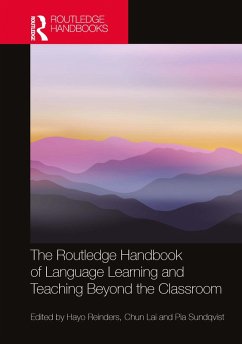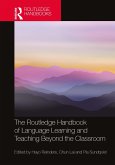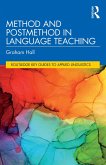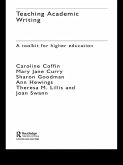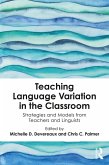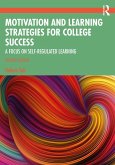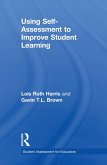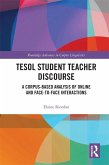Much of adult learning takes place outside of formal education and for language learning, it is likely that out-of-class experiences play an equally important role. It is therefore surprising that the role of informal language learning has received little attention over the years, with the vast majority of research instead focusing on the classroom. Researchers from a range of backgrounds, however, have started to realise the important contribution of informal language learning, both in its own right, and in its relationship with classroom learning. Studies in the areas of learner autonomy, learning strategies, study abroad, language support, learners' voices, computer-mediated communication, mobile-assisted language learning, digital gaming, and many others, all add to our understanding of the complex and intersecting ways in which learners construct their own language learning experiences, drawing from a wide range of resources, including materials, teachers, self-study, technology, other learners and native speakers.
This Handbook provides a sound and comprehensive basis for researchers and graduate students to build upon in their own research of language learning and teaching beyond the classroom.
Dieser Download kann aus rechtlichen Gründen nur mit Rechnungsadresse in A, B, BG, CY, CZ, D, DK, EW, E, FIN, F, GR, HR, H, IRL, I, LT, L, LR, M, NL, PL, P, R, S, SLO, SK ausgeliefert werden.
'Starting with the recognition that technology has opened a new world for language teachers and learners, this handbook provides an up-to-date and comprehensive look at learning beyond the classroom. Editors Reinders, Lai, and Sundqvist are leading authorities in this domain, and have put together an impressive ensemble of knowledgeable contributors across a broad range of relevant sub-areas. Language teachers, teacher educators, and researchers will find this an invaluable and timely resource.' - Phil Hubbard, Senior Lecturer Emeritus, Stanford University

